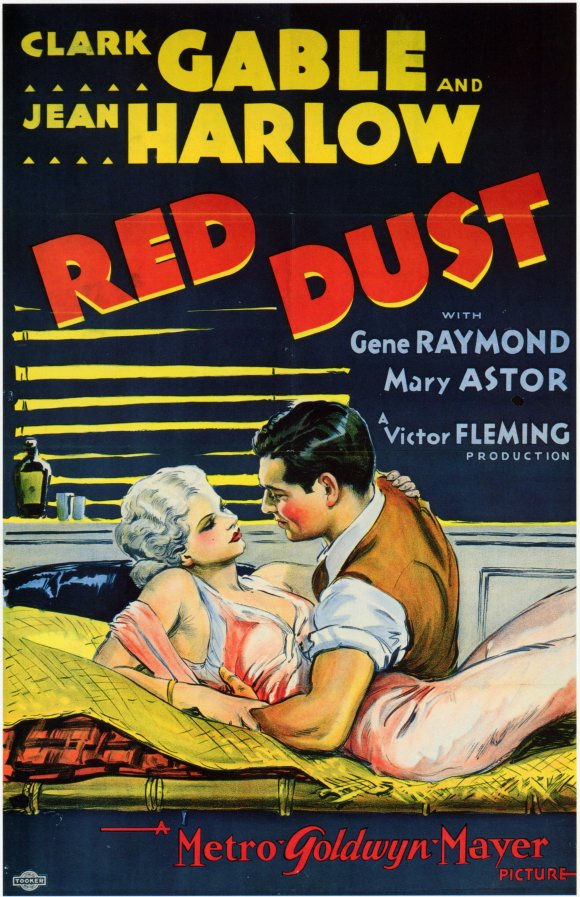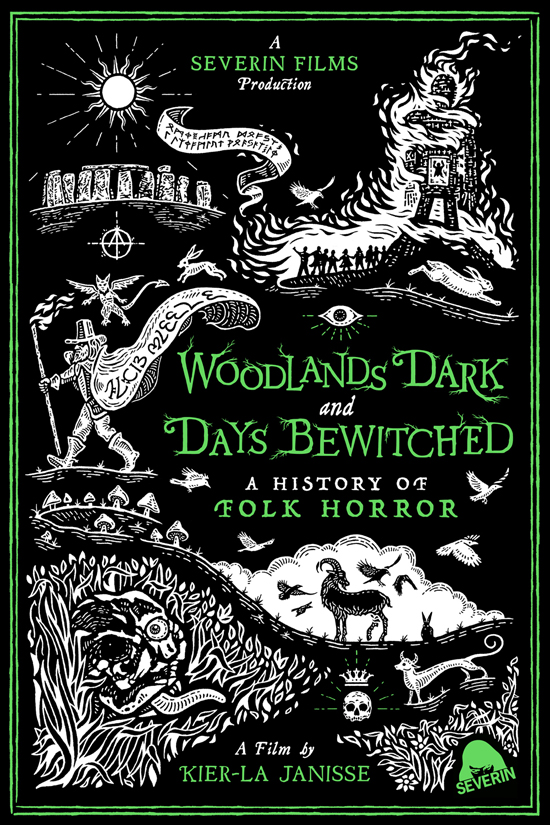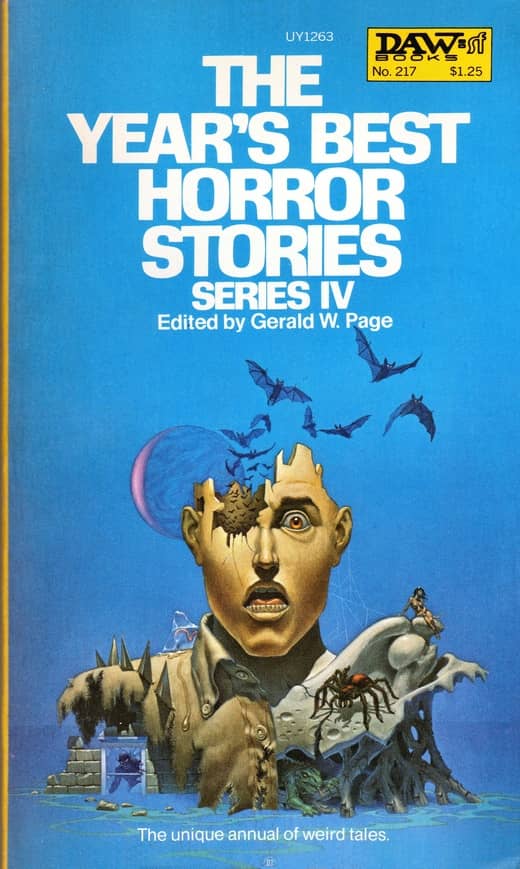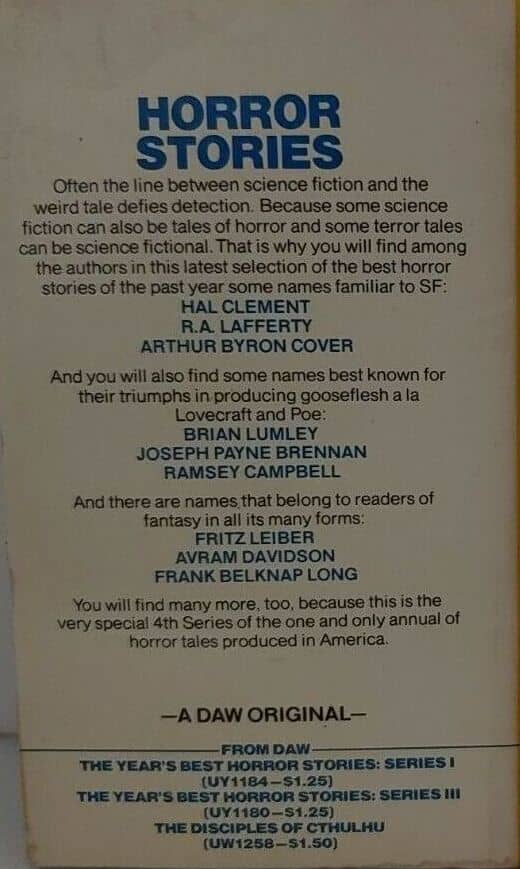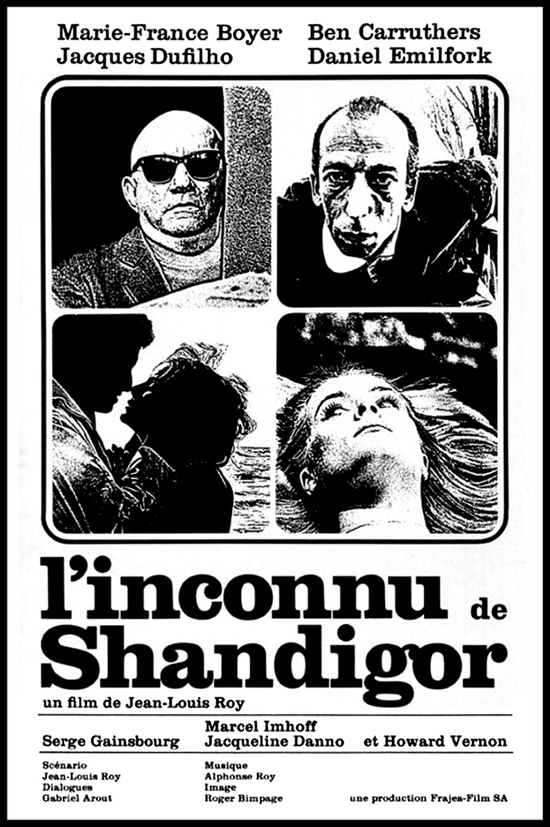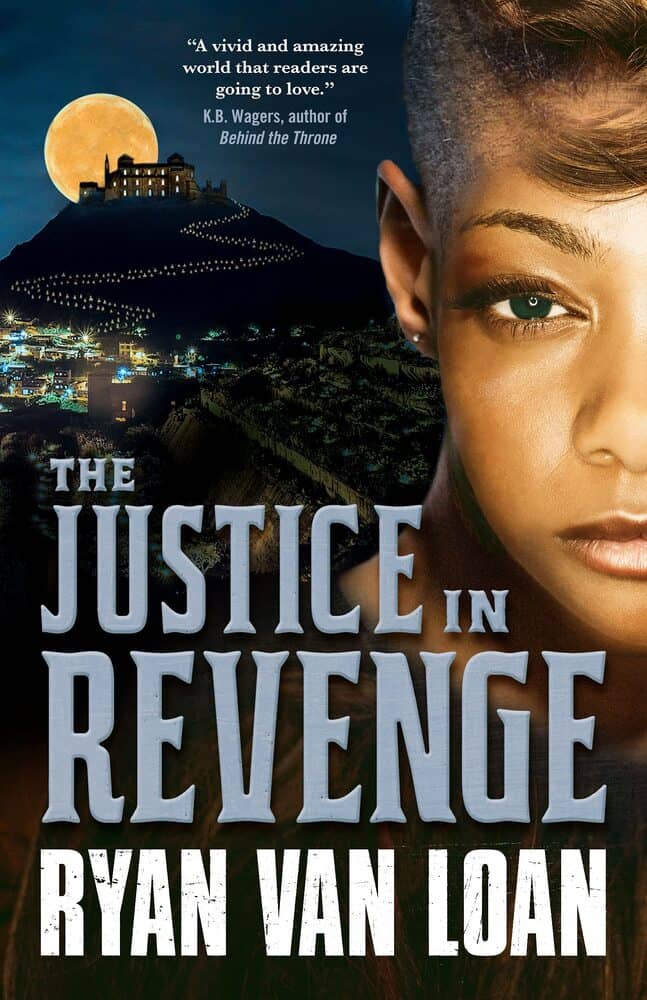Discovering Robert E. Howard – The Series
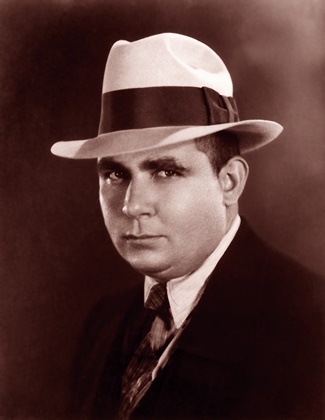 Back in 2015, because I didn’t know any better, I thought I could reach out to Robert E. Howard experts and fans from around the world, and convince them to contribute essays about Robert E Howard, for a Black Gate series. Yeah, I know: “Who are you, Byrne? Why do you think you can pull this off?” Because I don’t have the common sense that God gave a rock. Also – I can’t even sing as well as a rock (Bible reference there). So, without a clue (GREAT movie!), I reached out to a few folks, got pointed to a few more, and with the Black Gate name behind me, rounded up a VERY knowledgeable and talented group.
Back in 2015, because I didn’t know any better, I thought I could reach out to Robert E. Howard experts and fans from around the world, and convince them to contribute essays about Robert E Howard, for a Black Gate series. Yeah, I know: “Who are you, Byrne? Why do you think you can pull this off?” Because I don’t have the common sense that God gave a rock. Also – I can’t even sing as well as a rock (Bible reference there). So, without a clue (GREAT movie!), I reached out to a few folks, got pointed to a few more, and with the Black Gate name behind me, rounded up a VERY knowledgeable and talented group.
Howard was much more than just the creator of Conan (who I LOVE). He, of course, wrote many other characters, and for many other markets and genres. He lived an interesting life as well. And some generous folks contributed some tremendous essays!
It was a fantastic series, nominated for a Robert E. Howard Foundation award. The Howard community loved it, to no one’s surprise. The wide-ranging look at REH, covering his life and his works, was a superb addition to REH scholarship. It also planted the seeds for a follow-up series at Black Gate, Hither Came Conan, which was an even bigger hit! And you fans of either series, it will be a trilogy, as we’ll be emulating Hither Came Conan with another Howard character. But I’ve got another non-Howard series to put together first.
Here below is the entire series (which included a blog series being done separately by Howard Andrew Jones & Bill Ward). I intentionally minimized the Conan content, as the goal was to paint a broad REH picture. And we covered Conan in depth with Hither Came Conan. Click on a few links and explore the amazing world of Robert E. Howard. Some tremendous stuff, which Black Gate was proud to bring together.

